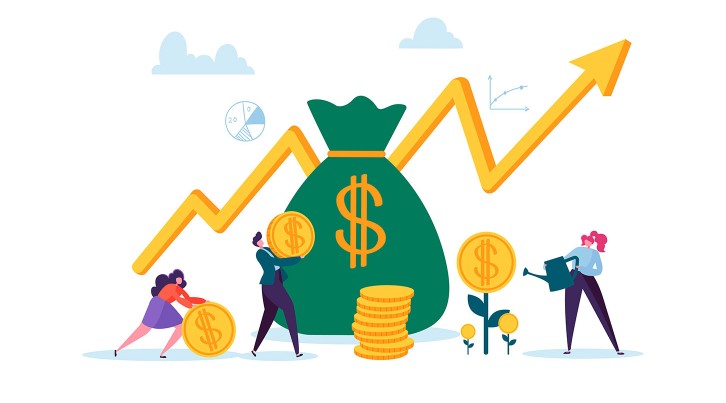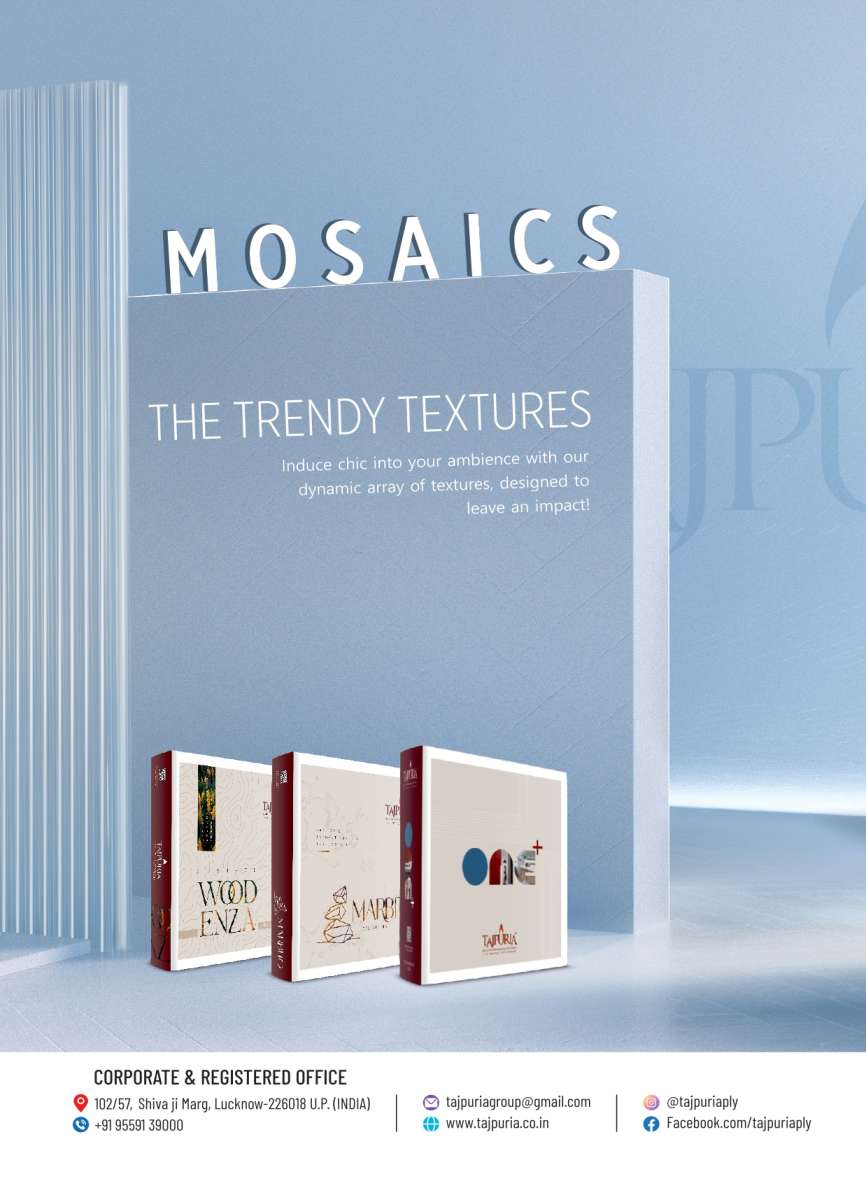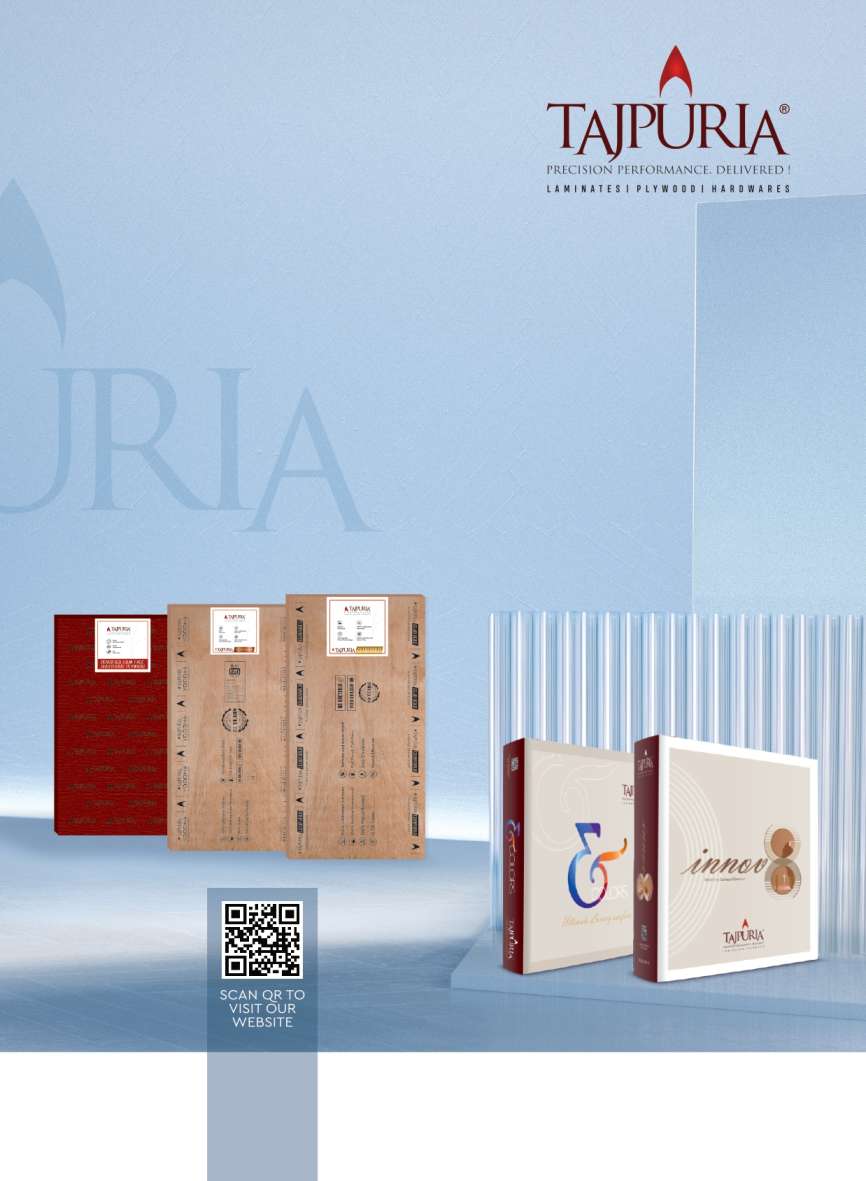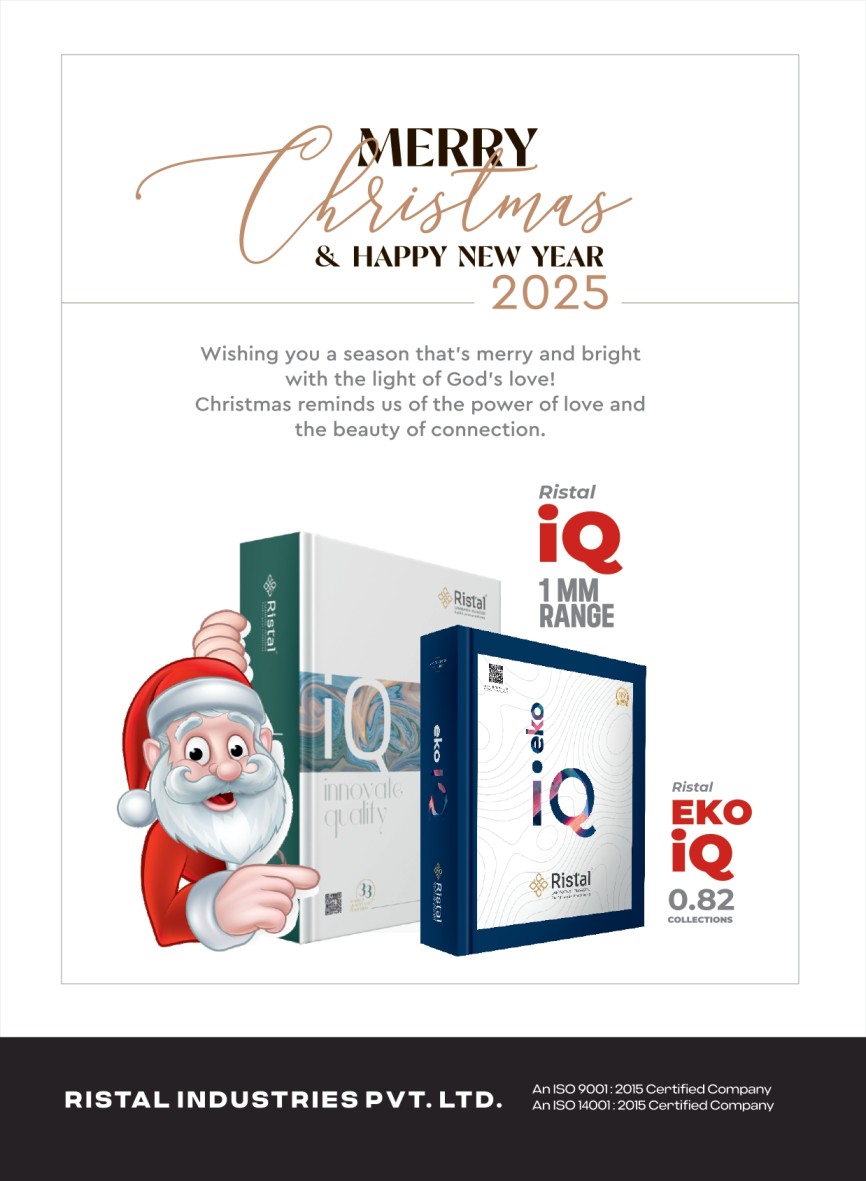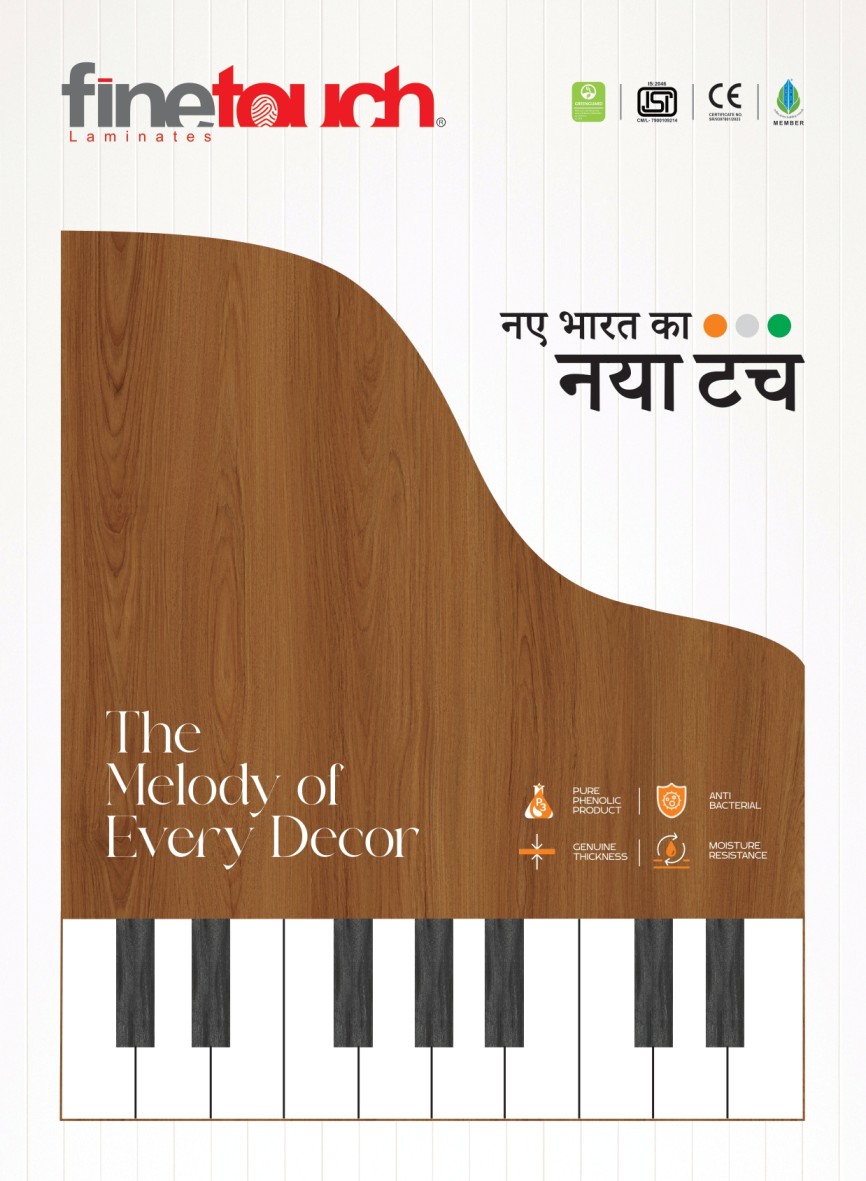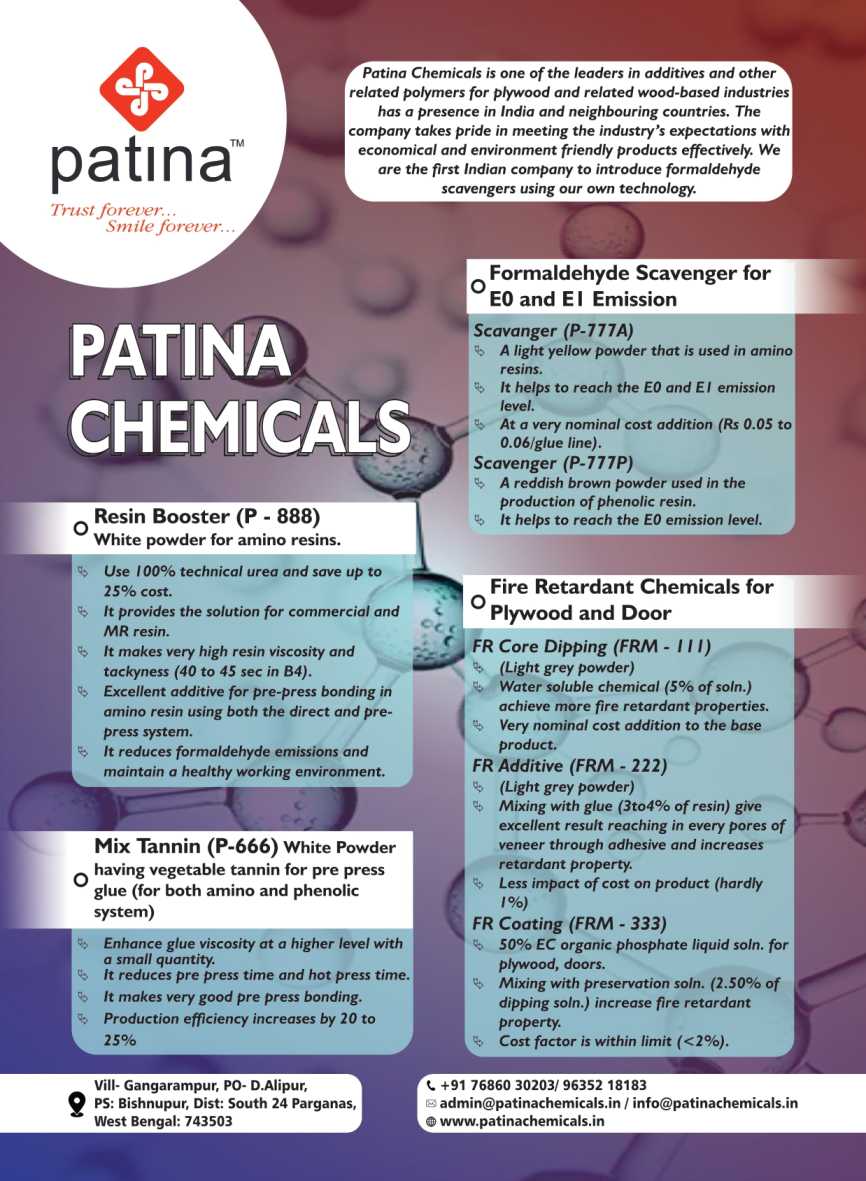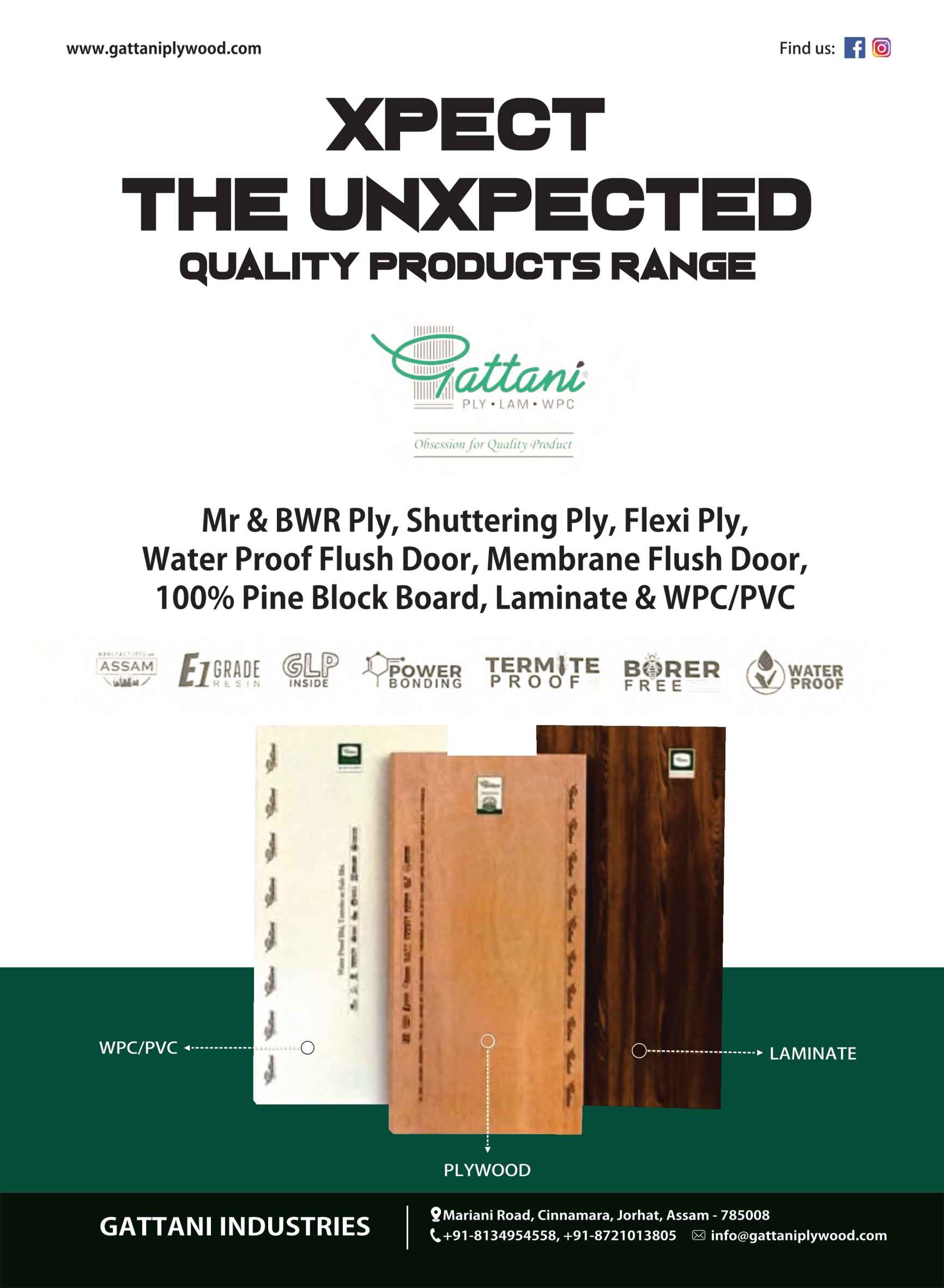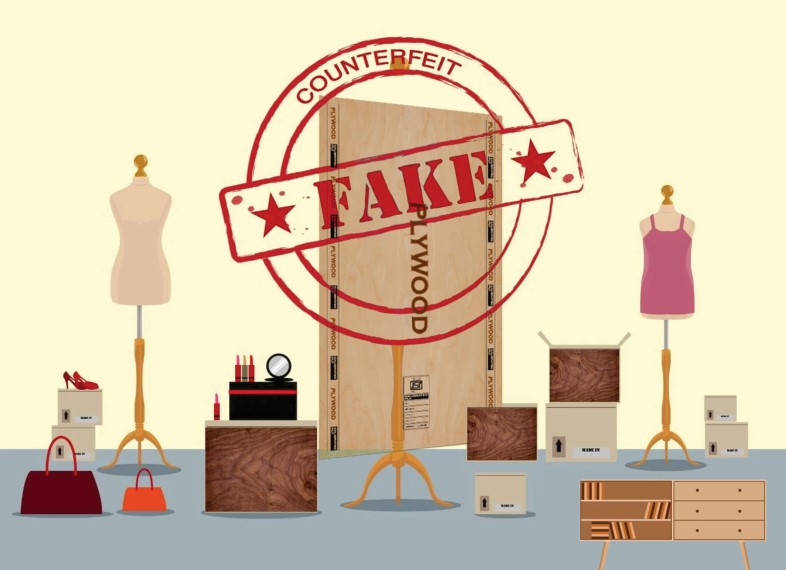
The business of fake goods
- June 11, 2024
- 0
Competition in market is leading towards economic losses to customers. Soaring fake products cheat customer. However online market is most vulnerable. Often, we see aggrieved customers after realising that the shoes they purchased online weren’t ‘surprisingly cheap’ but were, in fact, fakes.
A report revealed that 25-30% of all products sold in India are spurious. Counterfeiting is most prevalent in apparel and FMCG, followed by pharma, automotive and consumer durables categories.
Interestingly though, 31% of consumers willingly purchase counterfeit products. So here’s the question: How do brands solve this problem?
Differentiating fake is a challenge
Usually there are two primary issues: Lookalike products and spurious products: Misspelt products are an example of lookalikes, while fake products with the same brand names are considered counterfeit or spurious. Both violate legal rights of brands copied and counterfeited.
Fake goods are usually mass-produced at scale, without any regulatory or quality checks. These inferior products erode a company’s reputation and consumer trust, not to mention the leaks they cause in its revenue stream. While duplicates are bad news for any brand or industry, the repercussions for a consumer buying a fake luxury watch are different than those consuming spurious medication or alcohol; the latter posing a threat to a consumer’s health and safety.
Many Brands, however, have teams dedicated to cracking down on this issue. These product-protection team conducts audits and alerts authorities on suspected counterfeit products:
Brands make their efforts to nip this problem in the bud. They have a separate team to track counterfeits – including utilising various technologies, partnerships and surveillance and monitoring agencies – for both online and offline. The company also proactively trains employees to identify and report counterfeit products.
However, there might be cases where consumer may not be aware of the counterfeit product and in such cases, they face a huge loss.
If one purchasers a branded product on an unauthorised platform with significant discounts from its original MRP, it’s likely to be a fake. Unfortunately, when consumers opt for these discounted products and face disappointment post-purchase, it’s the brand’s image that suffers.
Tackling with tech
A US research paper says that counterfeiting is the largest criminal enterprise in the world, with international sales of such goods totalling between an estimated $1.7 trillion and $4.5 trillion a year.
Overall, brands look to technology-led solutions to help themselves and consumers distinguish between genuine goods and fakes. In the fashion industry, for example. AI can help fashion companies authenticate items and prevent Knock-offs by analysing various product features like material and stitching. Some of Alcohol brands, has been using a blockchain-based track-and-trace system for its bottles.
QR codes, too, are a quick common way for consumers to ascertain the genuineness of the product, to instantly verify whether a product is genuine.
Going legal
While the Indian law has several legal recourses for brands to fight counterfeit goods, it’s an uphill task to track down fakes. But it helps to file cases swiftly and take action. It’s the respective company’s responsibility to file and bring it to the department’s notice to refrain from such illegal business.
Upon receiving a complaint, local law enforcement conducts raids, These operations result in the seizure of the goods {both finished and unfinished}, raw materials, packaging materials and machinery. The accused are arrested accordingly.
Experts also point out that the government is working on designing a system to identify and prevent counterfeit goods in the retail market. Any deviations found under this system can mean licence cancellations and penalties for offending manufactures.
Marketing for awareness
Educating customers about counterfeits and helping them identify the fakes is a responsibility of the companies. By raising awareness, we empower consumers to make informed purchasing decisions and protect themselves from potential harm.
Manoj Thakur (Market Research Analyst)
👇 Please Note 👇
Thank you for reading our article!
If you don’t received industries updates, News & our daily articles
please Whatsapp your Wapp No. or V Card on 8278298592, your number will be added in our broadcasting list.


